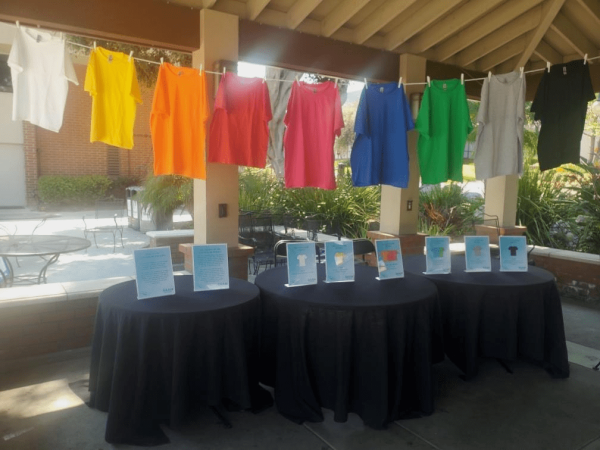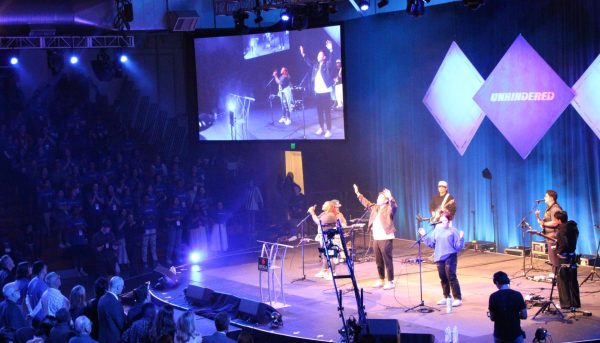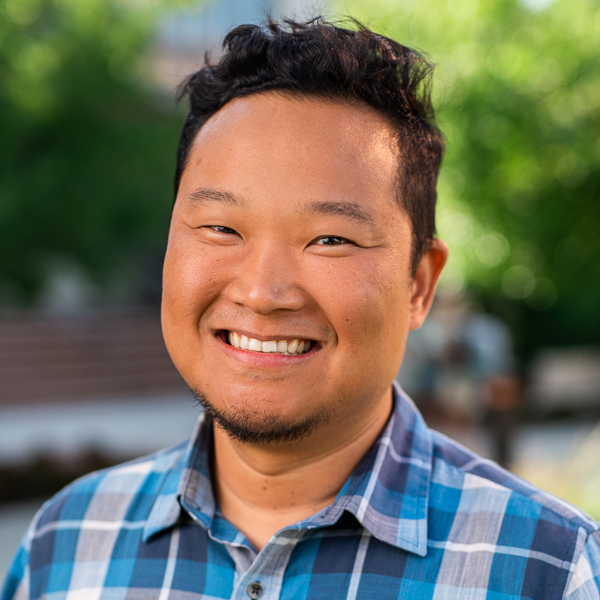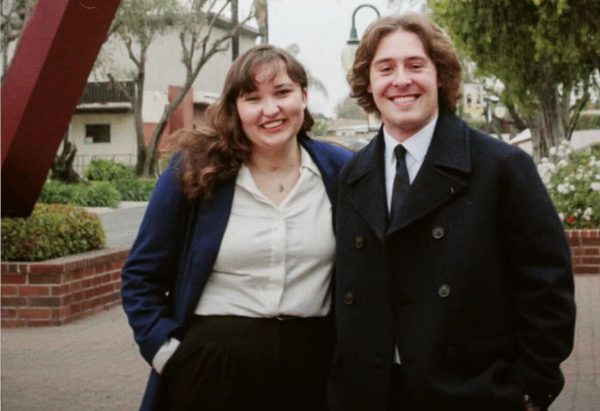Biola, Center for Christian Thought promote deep thinking and higher education
A study in the Los Angeles Times reported that analytical thinkers are less likely to be religious.
May 10, 2012
A published study in the Science journal was referenced in a Los Angeles Times article suggesting analytical thinkers are less inclined to be religious. The study referenced in the article entitled “Thinking can undermine religious faith, study finds” have made professors of the Center of Christian Thought and apologetics, skeptical about the types of studies conducted. In retrospect, this makes Biola an anomaly, combining higher education with biblical thinking.
“We are really trying to help people develop good, careful, analytical, simple thinking skills,” said Scott Smith, associate professor of ethics and Christian apologetics. Through his teaching, Smith said that he has found that those who are trained to think more analytically appear to be more committed to their faith.
The journal defined a person who thinks analytically as a cognitive-thinking person, according to Todd Vasquez, assistant director for the Center for Christian Thought. The study also described people that believe in their gut as being more inclined to religious belief, Vasquez said. Therefore, the studies make the assumption that religious people are not engaging with cognitive thought.
“Faith, in their mind, I think, is probably the typical one viewed with skepticism,” Smith said. “It’s this idea that it is not rational, it’s not based on evidence or knowledge. … It is just kind of ‘I have this religious belief.’”
Faith and deep thinking are compatible
“It is obvious why it would be a real problem if in fact science proved that thinking analytically correlated with a lack of faith,” Vasquez said.
The entire history of the Christian faith has had analytical thinkers, such as Augustine and Anselm, according to Vasquez. Vasquez also said those well-read in theological traditions and patristics would wonder how an article like this could be produced. There is evidence of deep analytical thinkers becoming faithful devout Christians, according to Vasquez.
“It makes something like the Center for Christian Thought an anomaly,” Vasquez said. “Why would you even have a Center for Christian Thought, if being an analytical thinker is in some ways counterproductive to being a Christian?”
Vasquez suggested it was not the most helpful approach for the study to look at faith through the scientific assumption that faith and deep thinking are incompatible.
“One of the things I think is important to point out is that method matters and assumptions matter,” Vasquez said. “It’s quite likely that the type of analytic thinking that would be done by Augustine, [Thomas] Aquinas, or Anselm would have a method that was open to questions about God [and] Christian living, and would explore those questions, wherever they would lead.”
Biola encourages analytical thinking
Biola helps students to think analytically in places like the CCT, the center announced on Dec. 21, that it was awarded $3.03 million by the John Templeton Foundation. The foundation will be providing funding for the next three years to help the Center conduct research and provide resources for the Christian perspective on various topics, according to the Center’s website. The Center’s mission is to offer scholars from various Christian perspectives the opportunity to research a specific topic and collaborate on the selected theme.
The biggest way deep thinking should be encouraged is in the classrooms, said Steve Porter, associate professor of philosophy and theology. Porter said thinking analytically should be stimulated through chapel, and anytime there is community.
“I think what we need to do is be the model and encourage and help point out what they call the intellectual virtue,” Porter said. “Help point out what the intellectual virtues are that enable deep thinking.”
Some examples of intellectual virtues are curiosity, open-mindedness and acuteness, Porter said. Thinking carefully and analytically allows students to apply these teachings to all aspects of their life, he said.
Vasquez questioned if the study was conducted based on religious experience rather than religious thinking.
“Why is is that scientists get the ultimate say on what is true or false?” Vasquez asked. “Scientific inquiry is important and can lead to true claims, but why is it that scientists always get the ultimate say?”






